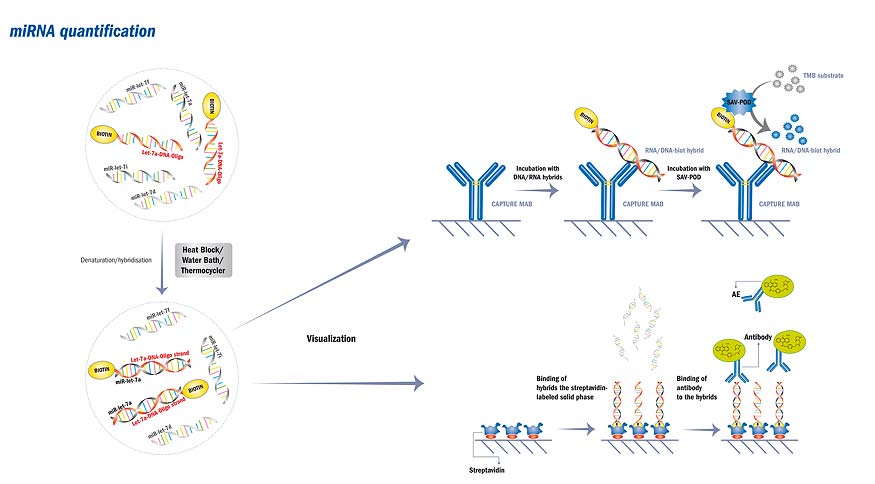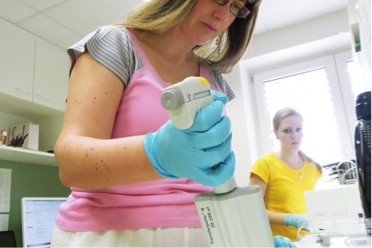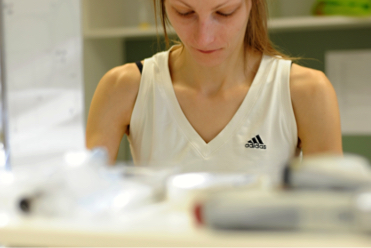Stroke biomarkers

MicroRNAs play an important role in regulating the cellular response to acute ischemia. Changed microRNA profiles have been demonstrated in a number of studies, both on animal models and on specimens from the patients. Research on microRNA opens new possibilities in diagnosis (biomarkers) and therapy of cerebral infarctions (affecting cascades of pathophysiological processes).

biovendor.com
Pathophysiologically, as a result of a cerebral artery occlusion, oxygen deprivation (hypoxia) occurs in nerve cells. If the closed artery is opened in time, the effect of hypoxia is reversible (ie there is no irreversible damage to the cells). Neuronal damage due to hypoxia depends on a number of microenvironmental factors that could affect cell resistance to hypoxia. Recent studies have brought new evidence that short non-coding microRNA molecules (miRNA) involved in post-transcriptional gene regulation are involved in anti-inflammatory and neuroprotective processes. In animal model studies as well as samples from patients with acute cerebral infarction, it has been repeatedly demonstrated that certain microRNA molecules are specifically involved in pathophysiological processes in acute cerebral ischemia. Their levels (down-regulation – reduced level, up-regulation – elevated level) can be detected in various body fluids (lean, full blood, blood plasma). One of the aims of this study will be to analyze microRNA levels in the blood of patients with acute cerebral infarction.
ICRC Stroke program and BioVendor have started their collaboration several years ago. The aim of both subjects is to join forces and their expertise to maximize the impact of its research and future commercial potential.

